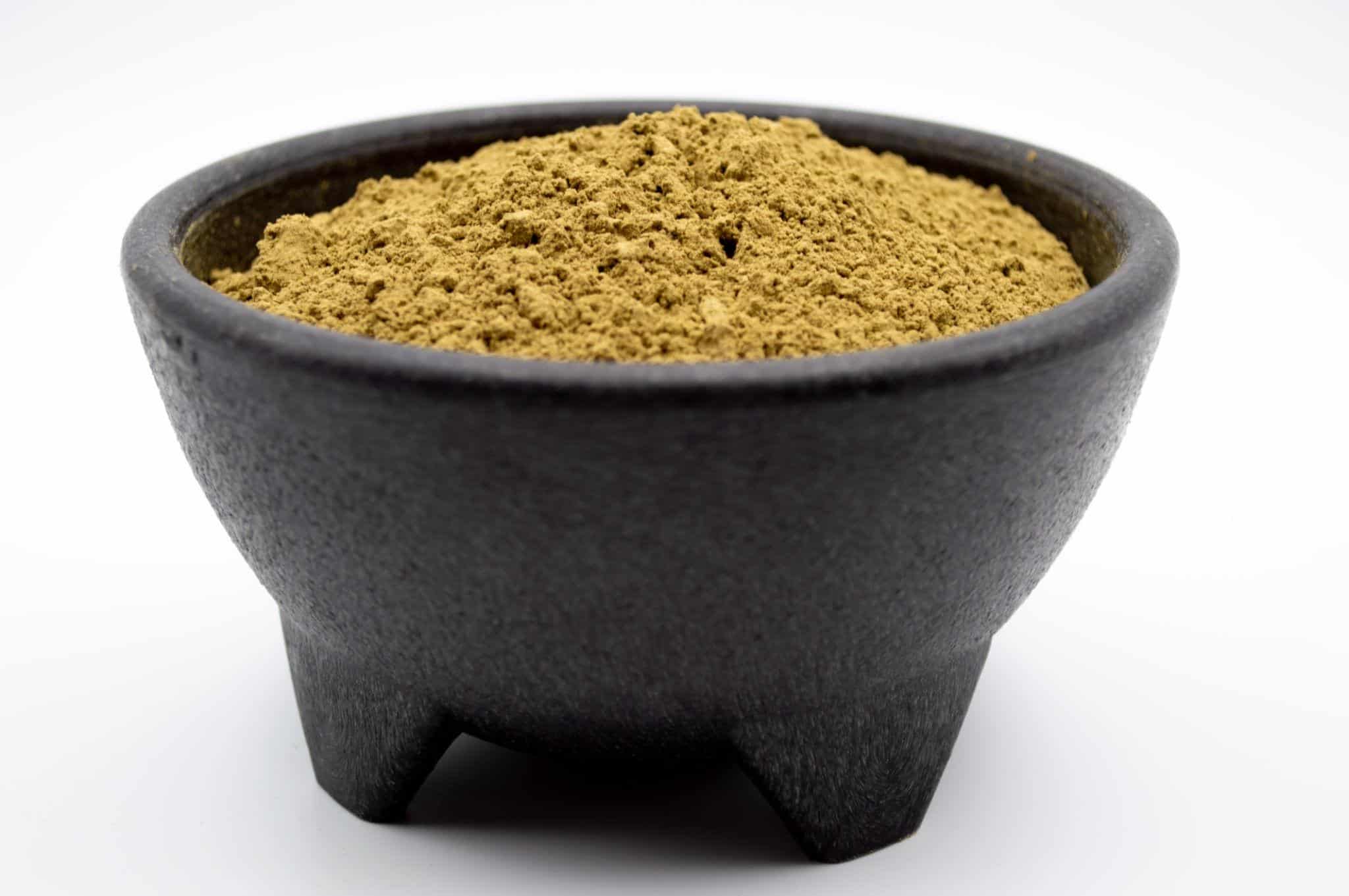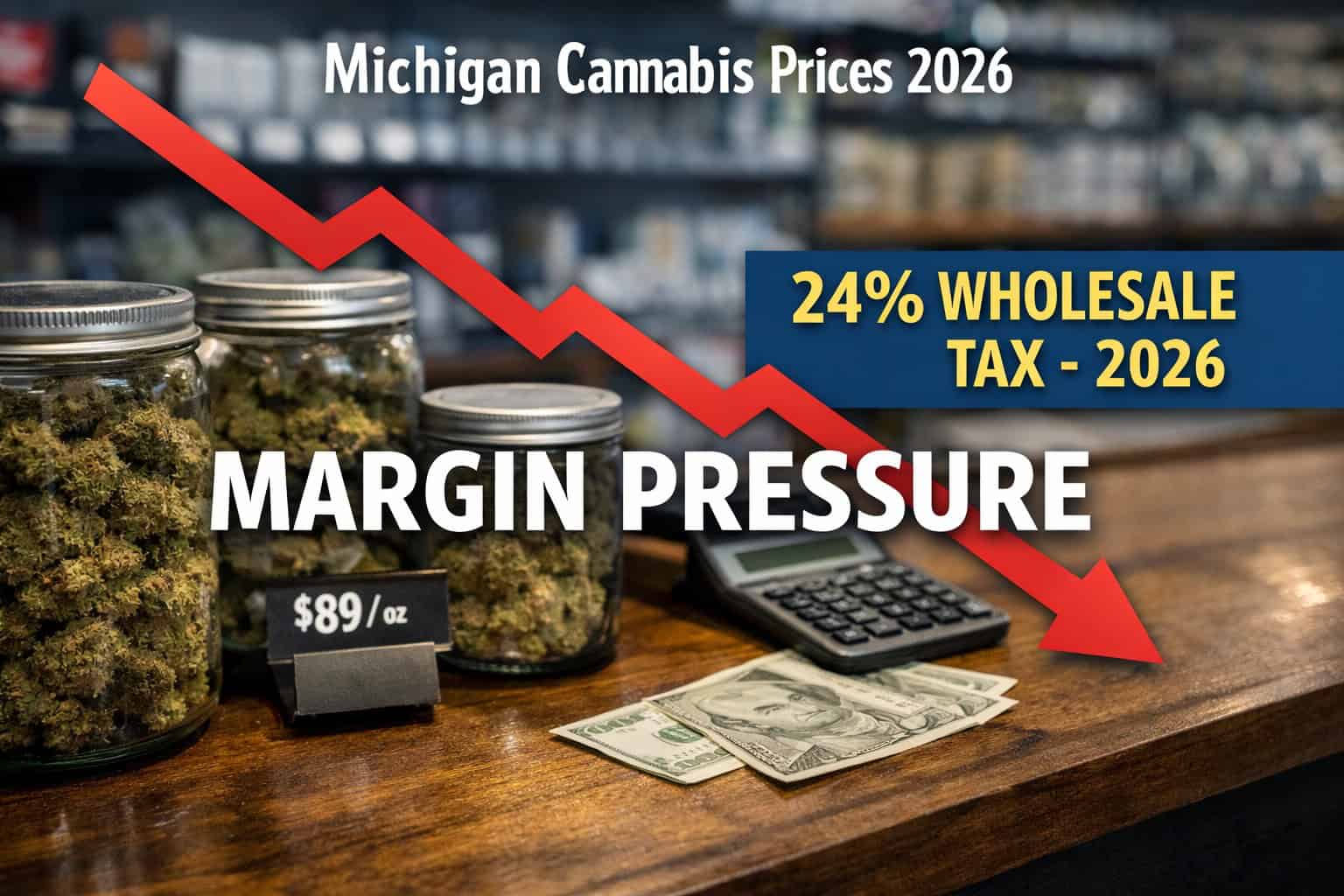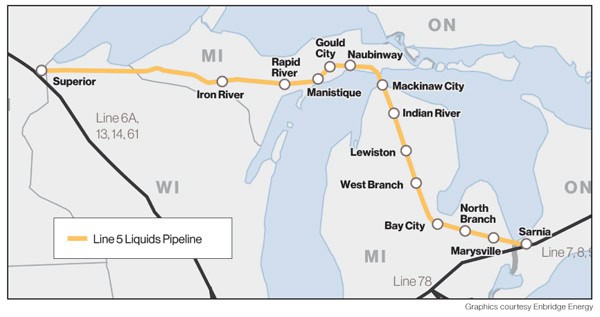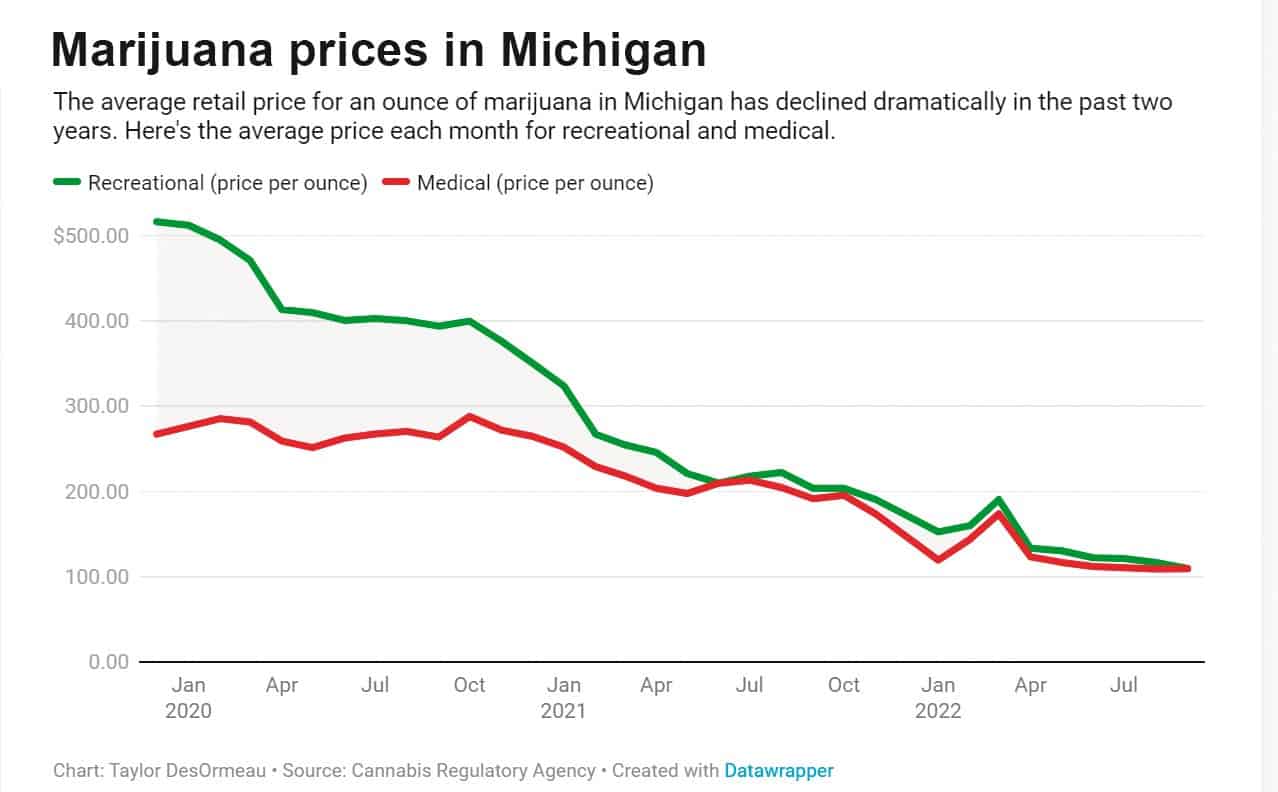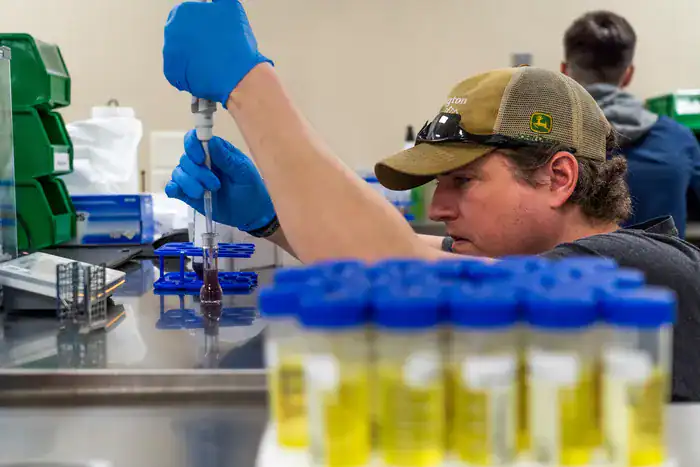Despite these breakthroughs, marijuana remains a Schedule I substance under federal law, where it resides alongside heroin as a drug with no accepted medical use. Yet, even this situation could change pending the reclassification of cannabis to Schedule III, aligning it with prescription codeine-laced Tylenol and anabolic steroids.
Local proponents say this would deliver more federal funding for marijuana-related research, along with easier access to startup capital for would-be cannabis entrepreneurs. Regional onlookers also wonder if the proposal goes far enough, but for now, they will take progress where they can get it.
“Reclassification gets me excited as it opens the door to acceptable government-approved research and changing statutes for criminal justice reform,” said Tim Johnson, a cannabis advocate and former law enforcement officer who advised Ohio legislature on the state’s successful marijuana legalization proposal. “All of this will help alleviate the misinformation, stigma and fears of cannabis for those who choose to use it as an alternative healthcare medicine and as an adult choice for consumption.”
For now, marijuana remains Schedule I, defined by the Drug Enforcement Administration as having “no currently accepted medical use and a high potential for abuse.” The designation puts cannabis on par with other potent narcotics such as heroin, LSD, ecstasy and methaqualone.
Meanwhile, the DEA defines Schedule III drugs as having a “moderate to low potential for physical and psychological dependence.” Examples include drugs with less than 90 mg of codeine and substances such as ketamine, anabolic steroids and testosterone.
In March, the Department of Justice under the Biden administration moved to reclassify marijuana from Schedule I to Schedule III, a decision the DOJ had yet to finalize before the Nov. 5 general election. Although president-elect Donald Trump has previously been critical of recreational cannabis, he has expressed support on research to unlock marijuana’s medical uses.
“(We) will work with Congress to pass common sense laws, including safe banking for state authorized companies, and supporting states’ rights to pass marijuana laws,” Trump said in a Sept. 8 Truth Social post.
Worth the risk?
Proponents say rescheduling would ideally allow marijuana businesses to claim federal tax deductions barred by Section 280E of the Internal Revenue Code. According to local advocate Johnson, reclassification would also loosen restrictions that currently prohibit banks from accepting money generated by the sale of illegal narcotics, including cannabis.
“The main thing with that is the economic impact, because the ‘little man’ now has an opportunity to be part of the industry,” Johnson said. “They can get a loan and finance their businesses.”
Recategorization could even have knock on effects for agricultural lighting and soil providers concerned about public perception of marijuana, added Johnson.
“There are lawn care companies that would be more comfortable with providing their services,” he said. “With the current stigma (around cannabis), they might lose clientele by telling people they provide services for the industry.”
At the least, rescheduling would take pressure off financial institutions wary of marijuana’s risks, said Patrick Wurzbacher, strategy and analytics manager for Certified Cultivators, a family-owned cannabis grower and processor based in Dayton.
Even without the current restrictions, some lenders may still be hesitant to make the leap, Wurzbacher said.
“It would come down to each individual board whether or not to support these companies,” said Wurzbacher, who moderated a branding seminar during the recent Ohio Cannabis Health & Business Summit, an annual event at I-X Center that links vendors and industry professionals to the public. “But getting more capital into the system would bring more jobs. As businesses open up, they’re going to need people to fill those jobs.”
A focus on quality
The DEA schedules drugs based on their risk for abuse and potential for physical or psychological dependence, as mandated under the Controlled Substances Act of 1970. Although changing the rules for cannabis is promising for aspiring entrepreneurs, big pharma behemoths could simply overwhelm market share with a flood of lesser products. However, Ohio’s craft beer industry can serve as inspiration for the state’s legacy cannabis marketplace. said Wurzbacher.
“Let’s focus on quality and education to get more people buying from craft companies,” Wurzbacher said. “Our craft beer industry lends hope in my heart that we’ll have a similarly strong craft marijuana market.”
Expanding the sector does not mean creating an uncapped market like Michigan’s, said Tim Johnson. Ohio has put a lid on dispensaries, with the Division of Cannabis Control approving 121 new retail licenses on top of the 123 existing medical storefronts that started selling to adults on Aug. 6.
Increased availability could naturally enhance the risk of overuse, although there is more research needed on how low dosages could affect daily activities like driving, Johnson said. While rescheduling is not legalization, it could shut down practices like police asset seizure for minor cannabis offenses.
It remains unclear when and if marijuana will be rescheduled, as the DEA hearing on the Biden administration plan has been postponed to early next year. Zuber Lawler attorney Jim Ickes, who has been guiding area medical marijuana startups along the path of company formation, application and licensure for eight years, is skeptical about the proposal’s future under Trump.
“With Trump’s re-election, rescheduling is likely to slow down as (Trump) appoints new directors of the DEA and justice department,” said Ickes. “Trump has indicated that he’s supportive of rescheduling, but who knows how much credence you can put into his statements.”
Johnson wonders if moving cannabis to Schedule III will fully unleash its potential or continue to restrict it. Marijuana’s benefits should place it into an entirely knew scheduling category, he believes.
“Schedule VI would put cannabis on par with herbs, which have medical value but are not harmful,” said Johnson. “Marijuana would still be regulated, but let’s regulate it under civil terms rather than criminal.”


